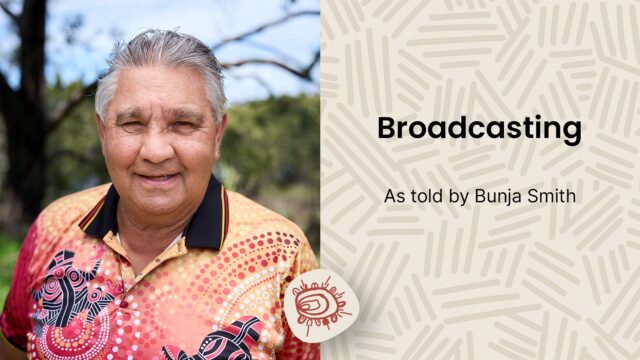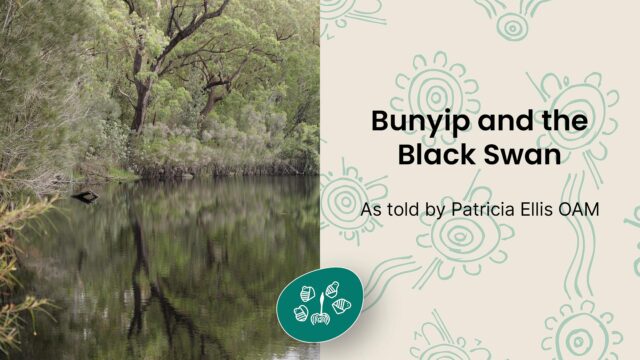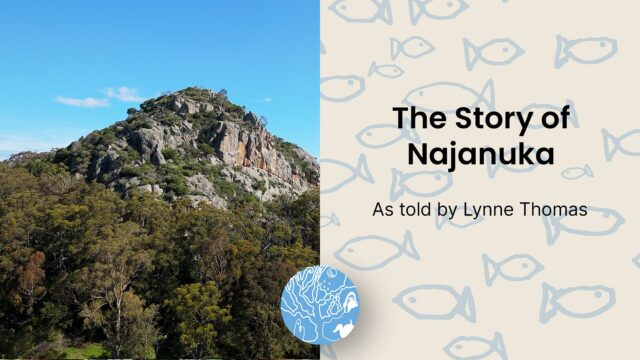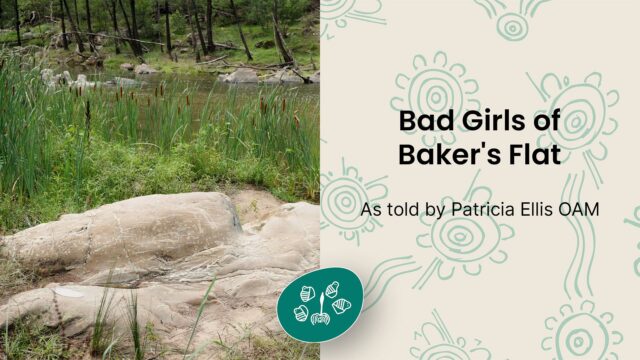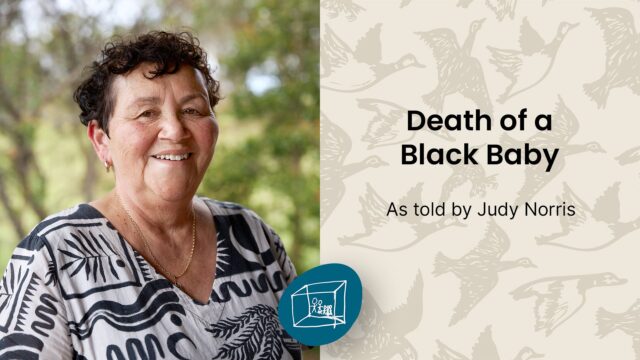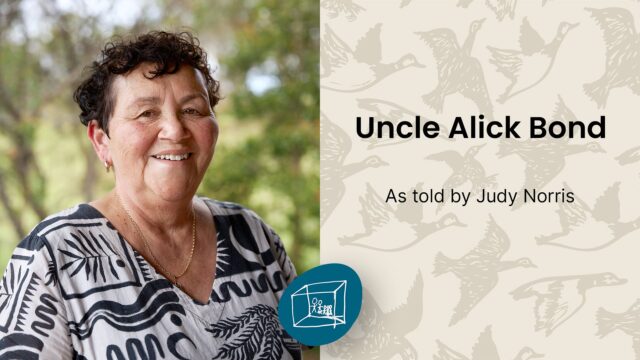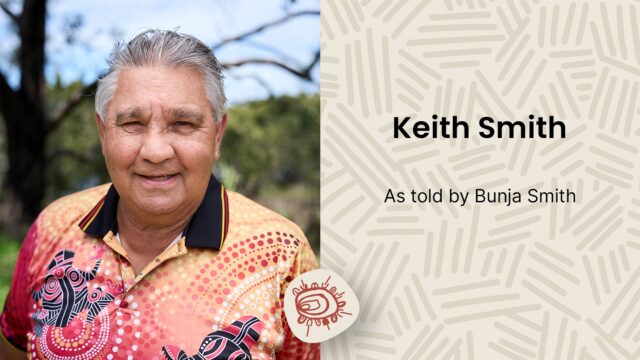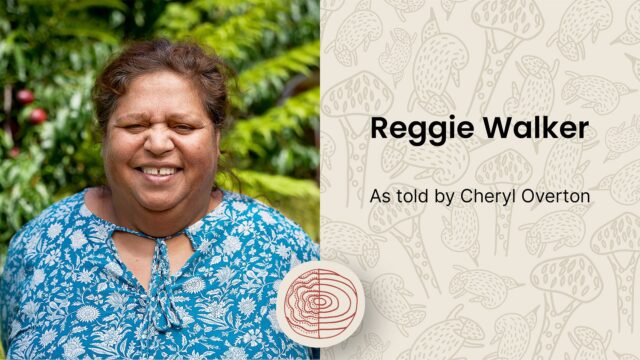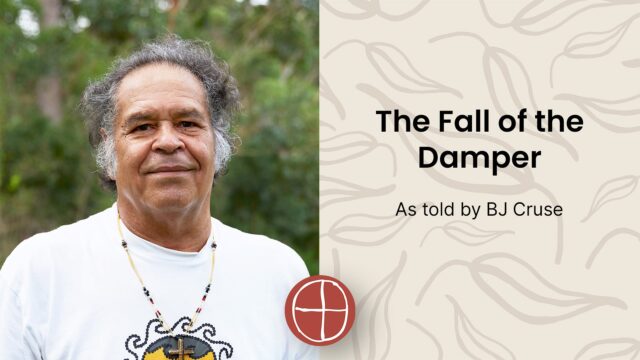Film Content
Film Description
Cheryl Overton (Davison) talks about life in the 50s and 60s. Aboriginal people faced significant discrimination in town, being watched by police, barred from certain shops, and roped off at the front of movie theaters to prevent them from conversing with white children.
Families were still largely confined to working for farmers in the paddocks, living in very rough dwellings—tin humpies with fireplaces, with no running water or electricity. They worked for families like the Campbell’s in Nowra, the Otton’s in Bega, Lavis’ in Bodalla, and the Bates’ in Tilba who owned the properties where they picked corn, peas and beans.
It was also a time of change and growing acceptance, including more interaction with the white community in places like the jukebox cafes, such as Price’s Cafe. Mr and Mrs Price were progressive for their time, allowing Aboriginal people to come in, play the jukebox, dance, and share stories. Having washed their clothes in the creeks, they would travel into town immaculately dressed, and dance the night away.
| Custodian Name | Cheryl Overton (Davison) |
|---|---|
| Location | Filmed in Tilba Tilba, NSW |
| Length | 0:04:02 |
| Copyright | 2025 |
| Topic | Community Stories |
| Category | Stories & Yarns |
